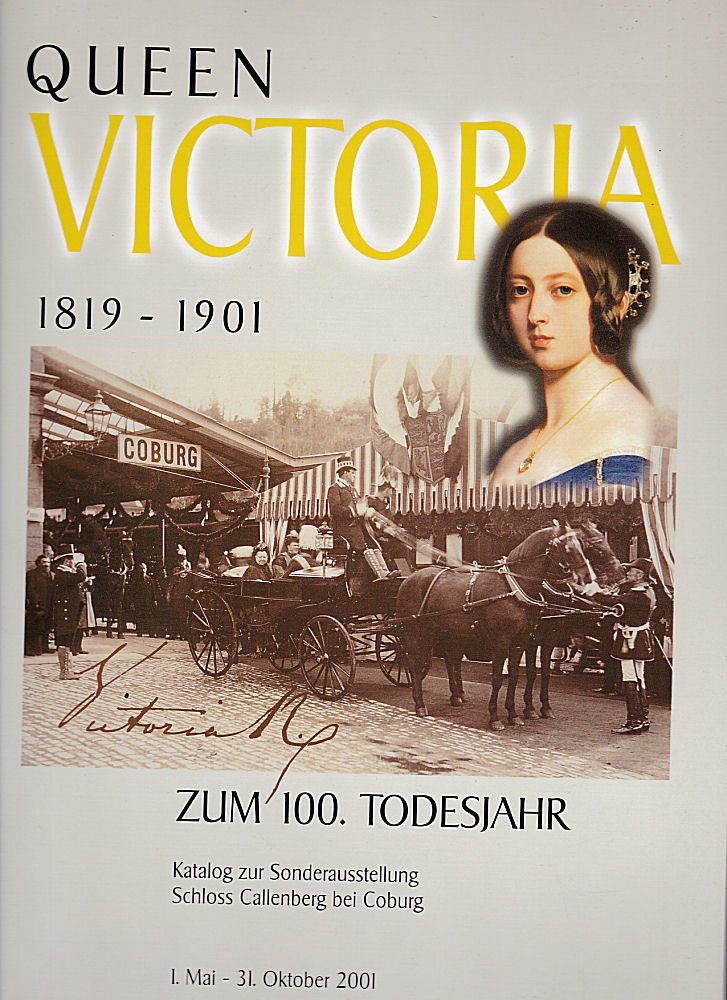
Introduction
Queen Victoria, who reigned from 1837 to 1901, was a pivotal figure in British history, presiding over an era of significant change and expansion. Her reign, known as the Victorian Era, was marked by industrial progress, the expansion of the British Empire, and a transformation of social norms. Understanding her influence is essential in comprehending the modern British monarchy and the socio-political landscape of the United Kingdom today.
The Victorian Era: A Time of Change
The Victorian Era saw immense changes ranging from the industrial revolution to the expansion of the British Empire, which at its height controlled a vast portion of the world. Queen Victoria became a symbol of moral standards and national pride, promoting the values of duty, family, and imperialism. Her reign brought attention to women’s roles in society, as she defied the expectations of her time by taking an active role in politics and governance.
Impact on Society and Culture
Under Queen Victoria, art, literature, and science flourished. Notable figures such as Charles Dickens and the Brontë sisters emerged during this period. The Victorian Era brought about advancements in education, health, and welfare, setting a foundation for the modern welfare state. Furthermore, her support bolstered numerous charitable movements, including women’s rights advocates who sought to improve the status of women in society.
Legacy and Modern Relevance
Queen Victoria’s influence can still be observed today in the British monarchy and broader society. Her lengthy reign set a precedent for future monarchs regarding their roles in public life and their responsibilities to their subjects. As the first British monarch to engage with her subjects through public appearances and an extensive correspondence, she paved the way for a more relatable and accessible monarchy, which remains influential in modern royal engagements.
Conclusion
Queen Victoria’s legacy is substantial, having shaped not only Britain but also the countries within the Commonwealth. Her reign was characterised by progress, cultural richness, and social reform, making her a key figure in understanding the evolution of the British monarchy. As discussions about the monarchy’s role continue in contemporary Britain, Queen Victoria’s impact remains an important reference point for both historical context and ongoing dialogue.
You may also like

Deal or No Deal: A Closer Look at its Impact and Legacy

The Evolving Role of the Manager in Modern Business
